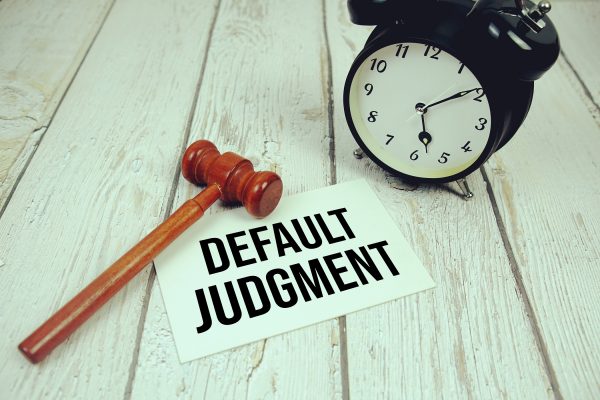So were the words of the Judge after he had heard enough from a consumer’s partner at a recent hearing of our clients claim for the cost of an unpaid invoice for works carried out to diagnose and repair issues with a BMW presented with an engine fault.
The Consumer refused to pay our clients invoice arguing that it had singularly failed to diagnose the fault properly or at all, carried out unnecessary remedial works and incurred excessive costs.
In response, our client maintained that it had followed the correct BMW protocol, which involved, inter alia, an element of ‘trial and error’.
Our client adduced independent evidence that the prevailing BMW repair protocol had been adhered to and argued that any competent technician would have done likewise.
The fact that the Consumer subsequently took the Vehicle elsewhere, which in turn successfully diagnosed and remedied an ECU fault, was immaterial, since the alternative garage had benefited in no small part from the problem solving process carried out previously by our client.
The Judge accepted that our client had proved its case on the balance of probability and judgment was awarded against the Consumer for the full amount claimed plus courts fees.

Our dealers use us to help them be more Efficient and Profitable!
You can use our Dealer and Lead Management software to integrate all dealership departments, both online and physical ; providing all in-house functions; Invoicing, Stock Management, Accounting and Marketing as well as interfacing for advertising, ecommerce and more.







